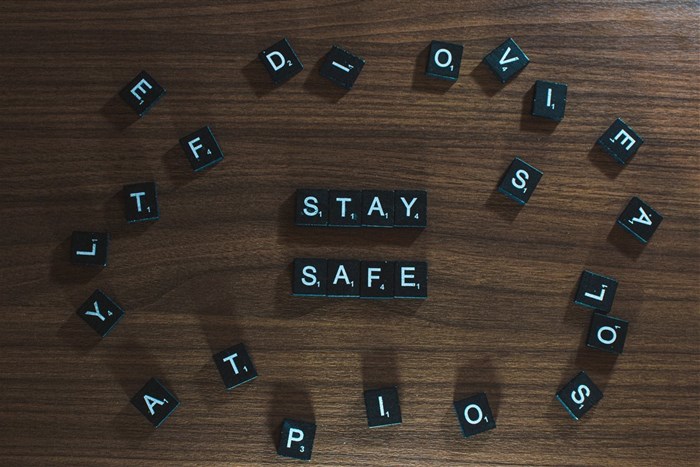






But with so much additional time in lockdown, and out of schools, due to the pandemic, there remains a gaping hole in digital education to guide and protect kids online, some of whom are using devices for many more hours than they were a year ago.
South African digital life skills expert, Dean McCoubrey from MySociaLife, questions whether education is doing all that it can.
He says: "Together for a better internet can be achievable if government and regulators work together with platforms to educate and protect children. But this is not even happening in most developed countries."
"The power of social platforms, and the failure to educate in digital citizenship, has placed the responsibility solely in the lap of parents, teachers, students, counsellors and mental health professionals to understand the extent of what children have to cope with and manage online, exacerbated by Covid-19."
According to the App Annie Sate of Mobile Report 2021, casual games dominate downloads with the popularity of easy-to-use names. Mobile gaming is on track to surpass $120bn in consumer spending in 2021 — capturing 1.5x of the market compared to all other gaming platforms combined. Social media app, TikTok, with over 1.6 billion downloads and 800 million monthly active users sees over 1 billion video views per day.
McCoubrey believes in the power of technology and the positive benefits it can bring to our children's digital potential, but he remarks that this can largely only be achieved when we provide them with an honest, relatable and balanced view of the prizes and pitfalls which exist in their life online.
He adds: "For adults right now there is an overwhelming workload, as well as financial and health pressure at this time, but we will have to take ownership of the fact that we expect learners to navigate these complex devices and social media platforms, without providing them with a guide to navigate the content - and their emotional responses. It's IQ meets EQ in a digital realm: DQ, or digital quotient."
"This makes it incredibly difficult for educators and parents to deduce if something a child has experienced online is indeed troubling them. That is why we need to equip these kids with coping tools and critical thinking skills to first avoid some of these risks. And secondly, to be able to apply coping and management skills to navigate this complexity, which includes communicating with parents."
"Safer Internet Day is incredibly important to raise awareness of what needs to be done to protect our kids. However, to truly achieve that goal, we have to accept that making the internet a better place can only be achieved in shared responsibility between our learners, our parents, our students, our mental health professionals, and of course, social media platforms, regulators and government. We have to be realistic that the latter will take time. In other words, it's up to us - it takes a village to raise a child," concludes McCoubrey .